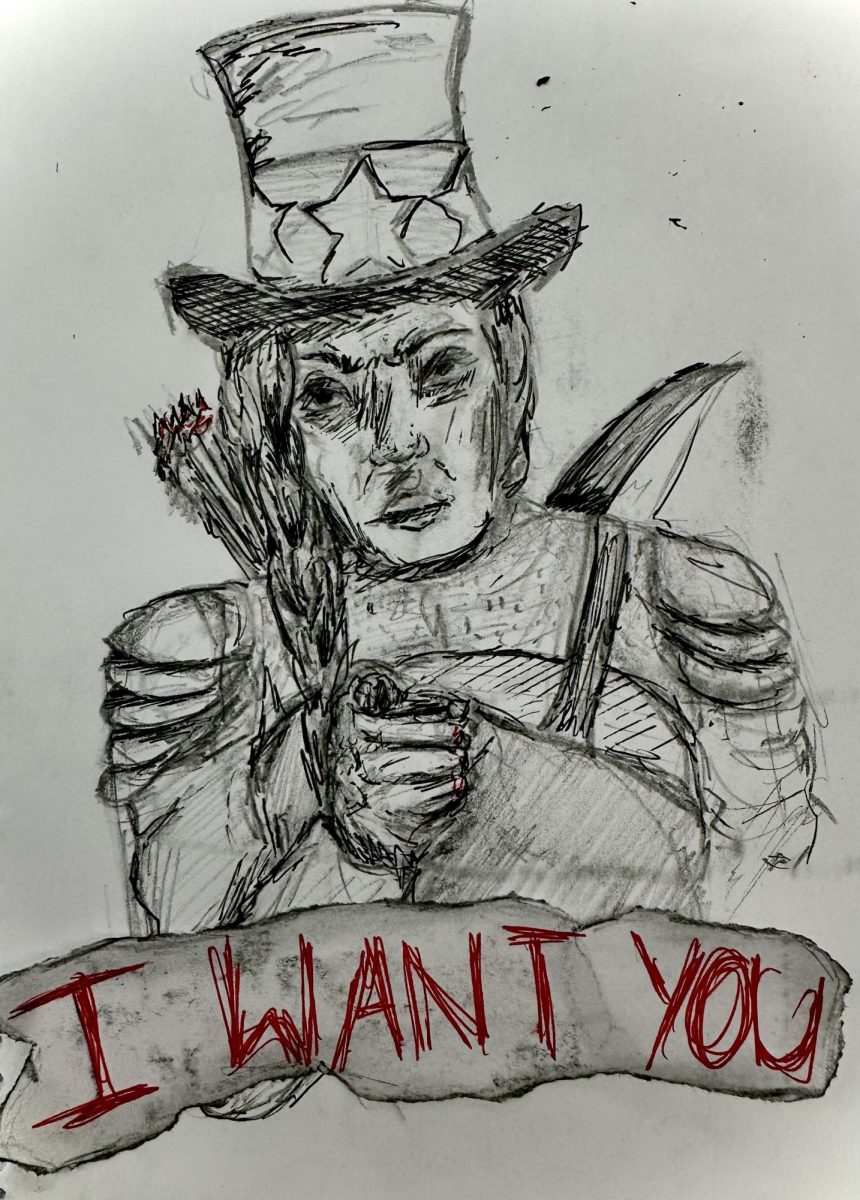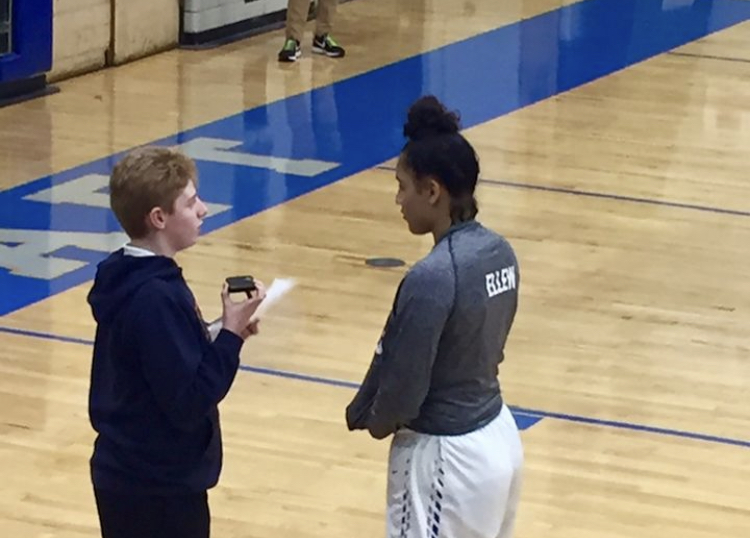If you’re anything like me you grew up pouring over book after book. Most of which feature some tween fighting for their beliefs, an image that likely laid the foundation of an entire generation’s political beliefs.
It’s almost astounding how many kids’ books are centered around that particular conflict. It happens in “Percy Jackson and the Olympians”, with 12-year-old Percy growing more and more unhappy with the treatment that the demigods were getting from the gods, leading Percy to force the gods to change their ways. In “Harry Potter”, Harry, Ron, and Hermione are unhappy with the way the Ministry was handling the fight against Voldemort, so they acted against it.
However, the series that stood out most to me, both then and now, is “The Hunger Games”, a series beautifully written to parallel American society in a way that both children and adults can grasp. “The Hunger Games” shows how one defiant 16-year-old can launch a long awaited rebellion, and effectively dismantle the entire system of government.
It’s clear that the lessons of self-efficacy found in these books have ingrained themselves in the minds of young readers and still drive their beliefs years later. Reading as a whole impacts far more than just entertainment. For young kids, reading is a window into complex concepts and diverse perspectives they otherwise wouldn’t be able to experience, especially when the books they read showcase kids taking action in powerful ways.
Even if a child is unable to understand all of the political themes and messages, they’re able to take away the notion that they can have an impact and play a role in changing systems they believe are unjust.
2020 was the first election year where a notable amount of Gen Z was able to vote, an event that coincided with a spike in youth voter turnout compared to previous years. According to data from the U.S. Census Bureau, 51% of eligible voters between the ages of 18-25 voted in 2020, compared to 46% of voters in 2016.
Gen Z is a term used to refer to those born between late 1990s and early 2010s. It was also within this time period that “Percy Jackson”, “The Hunger Games”, and many books like them were released. The first “Percy Jackson” novel was released in 2005 and “The Hunger Games” released shortly after in 2008. When paired with the respective popularity of these series, the release of these books in the middle of Gen Z ensured that most members of Gen Z had read one or both of these series by the time they reached adolescence.
It’s no surprise then, that among those in 2022 who didn’t vote, members of Gen Z were less likely than Millennials to say that voting didn’t matter, according to data from Tufts University’s Center for Information and Research on Civic Learning and Engagement. Instead, they were more likely to report not voting simply because they didn’t have the time.
It’s not just an increased belief in voting either. There has been a rise in general political interest and discussion among Gen Z, regardless of whether or not they can vote. My TikTok For You Page is full of posts created by young adults and teenagers discussing both local and international politics. In Instagram stories I see many of my peers reposting information about upcoming legislation or making political statements. Political discussions can just as easily be found in the school hallways as they are on social media, with many of my friends and classmates openly and enthusiastically sharing their opinions on major world events.
While I have to admit that this shift towards open political discussion and engagement is closely linked to the way voting and democracy is taught in schools, the foundation that truly allows young people to have high levels of self-efficacy in politics is provided by the books that they read.





